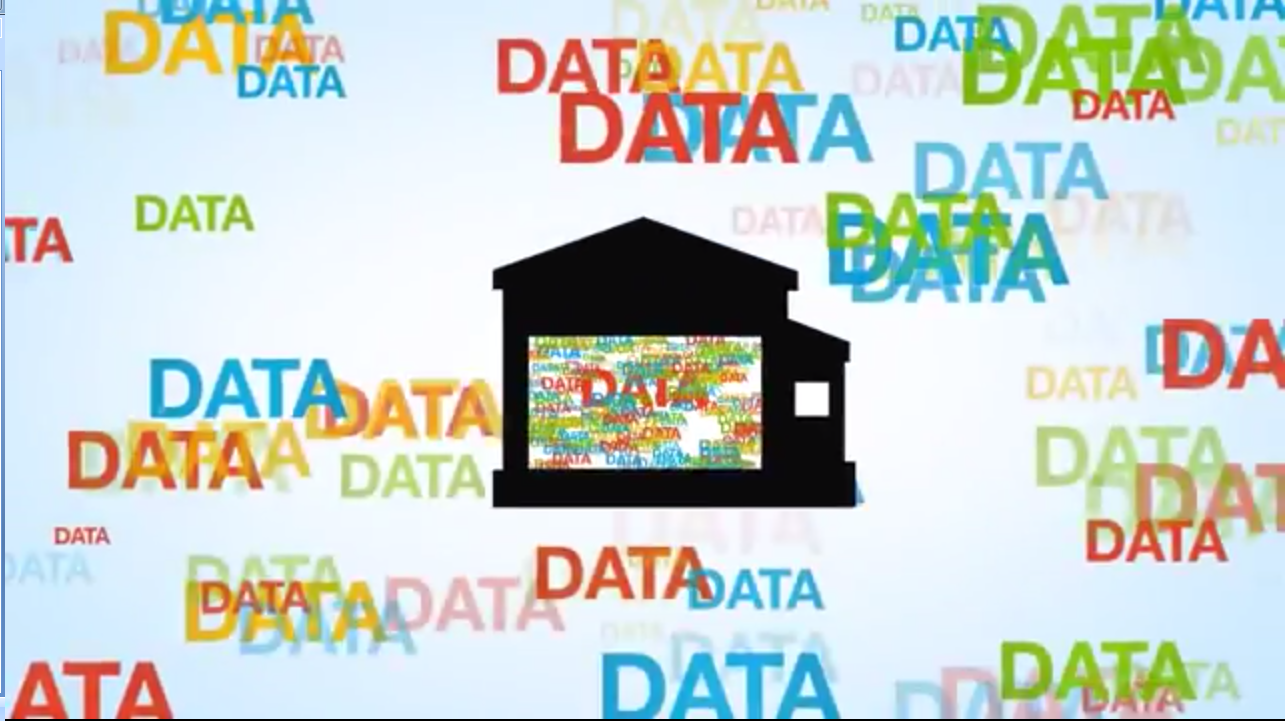E-Ark gets £6 million to save digital data
Project could help big data become future-proof


A project to create an electronic "ark" for digital and paper-based archives has received a cash injection from Europe.
The project, led by a team based at the University of Portsmouth, is investigating ways of archiving digital data from many different kinds of systems all across Europe.
The university has been awarded 6 million from the European Commission to create E-Ark (European Archival Records and Knowledge Preservation). The project is hoping to become a "gold standard" in archiving data within Europe.
The team at Portsmouth said the system will ensure current digital archives, including big data,' are future-proofed.
The project is bringing together digital preservation specialists at the university as well as a dozen major partners including a core group of European national archives.
The E-Ark project will examine current best practices to create a pilot archiving service to keep records authentic and usable. It will address the three main areas of an archive acquiring, preserving and enabling reuse of information.
The project will spend three years creating a standard archival process at a pan-European level supported by guidelines and recommended practices that will cater for a range of data from different types of source including record management systems and databases.
Get the ITPro daily newsletter
Sign up today and you will receive a free copy of our Future Focus 2025 report - the leading guidance on AI, cybersecurity and other IT challenges as per 700+ senior executives
The University's Dr Janet Delve and Professor David Anderson said the undertaking was "mammoth" and a problem that is becoming larger by the day.
"The size of the problem is huge. We are looking at years of accumulated data across almost 30 countries that have been stored using a variety of different methods and on different systems," said Dr. Delve. "With the onset of e-government and open data initiatives, archives now have to cope with storing huge amounts of digital material. The size of the problem is growing because of the colossal quantity of electronic data generated on a daily basis from organisations as diverse as banks, public health organisations and national archives."
She said the objective of the project was to reduce the risk of information loss due to poor methods of keeping and archiving records by providing one common, robust approach. "It must be replicable and scalable to meet the needs of many kinds of organisations, public and private, large and small, and able to support complex data types such as web pages and big data," she said.
Professor Anderson said a major issue to overcome is navigating different legal systems and records management traditions. He said the task of creating and building an infrastructure usable by all countries across different types of organisation as an enormous jigsaw with hundreds of pieces that need to be examined and assessed. "We will take the best bits from the systems we see and our aim is to create something that we know large organisations and archivists alike are crying out for," said Professor Anderson.
The project launches today at the Instituto Superior Tcnico in Lisbon, Portugal. Other than the five national archives, organisations involved include four leading research institutions, three providers of archiving software solutions and services, two government agencies, and two international membership organisations representing communities who will benefit from the project, such as data owners and providers.
Rene Millman is a freelance writer and broadcaster who covers cybersecurity, AI, IoT, and the cloud. He also works as a contributing analyst at GigaOm and has previously worked as an analyst for Gartner covering the infrastructure market. He has made numerous television appearances to give his views and expertise on technology trends and companies that affect and shape our lives. You can follow Rene Millman on Twitter.
-
 Should AI PCs be part of your next hardware refresh?
Should AI PCs be part of your next hardware refresh?AI PCs are fast becoming a business staple and a surefire way to future-proof your business
By Bobby Hellard Published
-
 Westcon-Comstor and Vectra AI launch brace of new channel initiatives
Westcon-Comstor and Vectra AI launch brace of new channel initiativesNews Westcon-Comstor and Vectra AI have announced the launch of two new channel growth initiatives focused on the managed security service provider (MSSP) space and AWS Marketplace.
By Daniel Todd Published